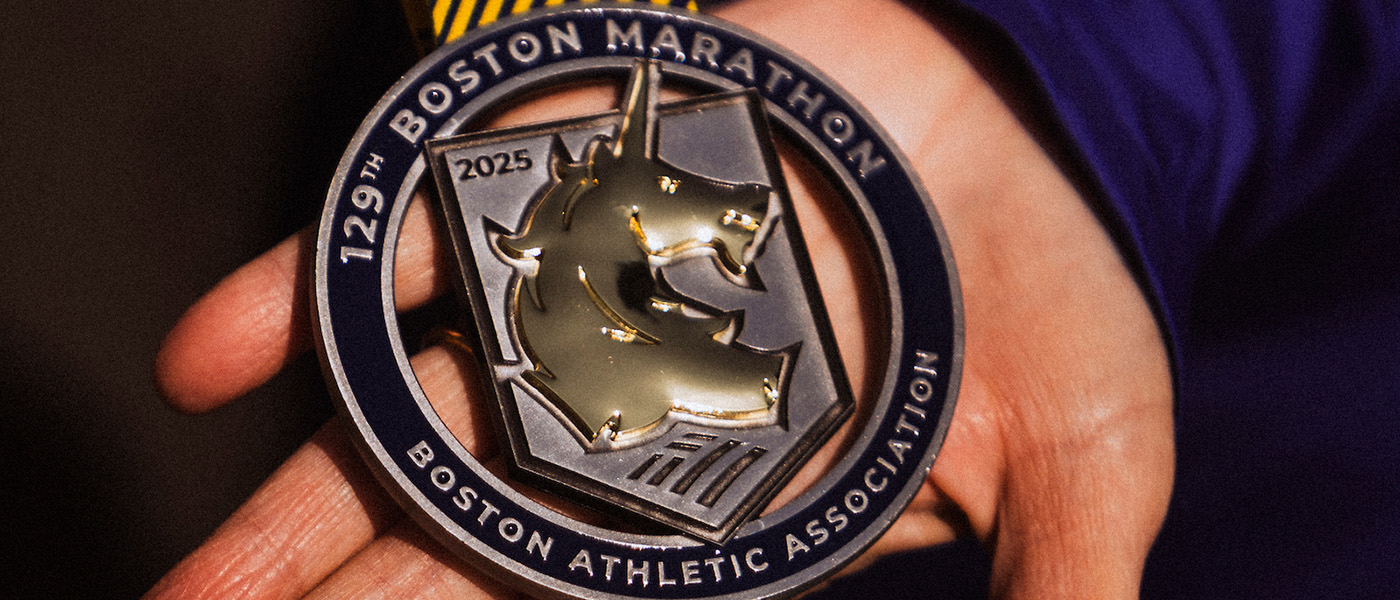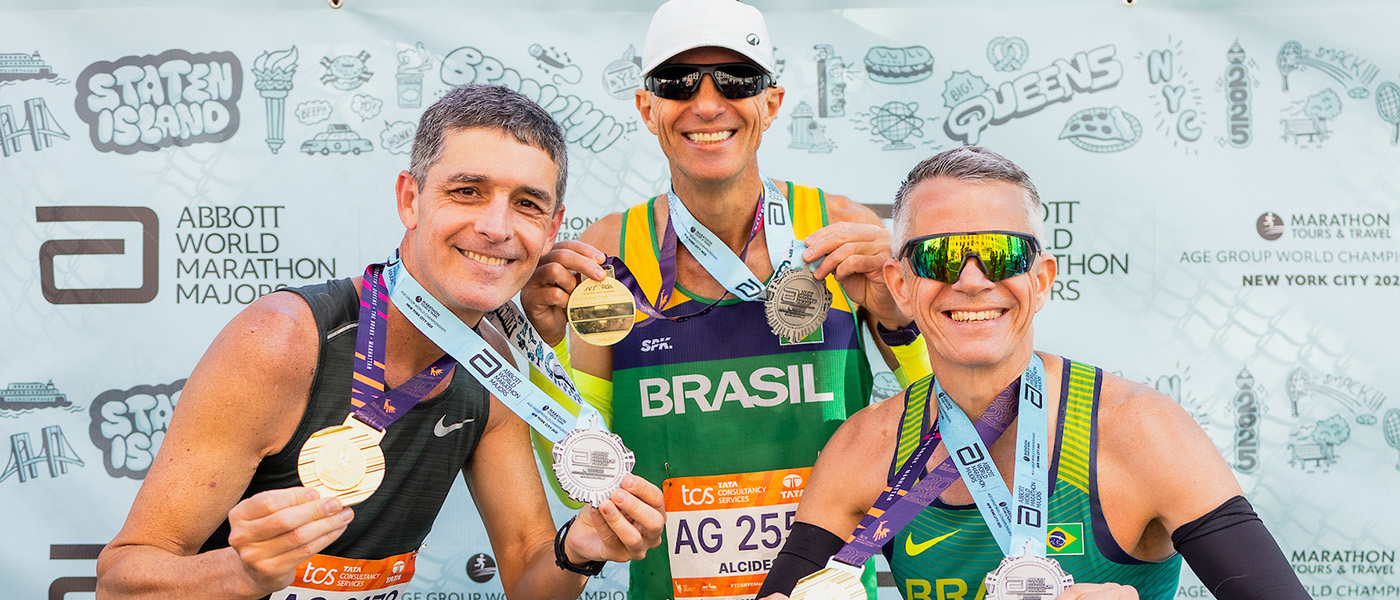
A few tips on how to fuel your marathon training from runner, author and fitness food guru Kate Percy.
Eating for marathon running is not just about carbo-loading before race day; focusing on a good diet throughout your training will sustain your energy levels and, importantly, help prevent injury. Here are a few topline tips:
1. Would you put diesel into a Ferrari?
It’s quite simple. Just like a car, you need fuel. You won’t get far running on empty! Put the wrong type of fuel in your car, it won’t function very well either. The body works in the same way. The better the fuel in the tank, the better you will feel, the better you will perform. Likewise, you’ll find that the better quality food you eat during your training the better you will feel, and, most importantly, the better you will run!
2. Mix it up!
The ideal training diet should include a wide variety of foods. You’ll run best on a balanced diet, so it’s important not to cut out one particular food group, such as carbohydrate, protein or fat. Ideally around one third of what you eat should come from foods rich in slow-release, unrefined carbohydrate, such as wholegrain bread, wholewheat pasta and cereal, oats and brown rice, around one third from fruit and vegetables, and the rest from foods rich in good quality protein, such as beans, pulses, fish, eggs and meat and healthy fats such as avocados, nuts and seeds and salmon.
This variety of unprocessed, unrefined foods will strengthen the immune system, keep your muscles healthy, help you recover well and maintain your energy levels. This, in turn, will make you feel completely amazing, help you train and race better and reduce the risk of getting injured. Try these Buckwheat Crepes to help you recover after a long run. They’re a great balance of carbs, protein and fat to help recovery. Make the mixture in advance so it’s ready to cook on your return!

3. Listen to your body
If you’ve just started clocking up the miles you’ll find your hunger increases. Rightly so, as you’re burning more calories than your more sedentary self. It’s important to listen to your body. Eat when you are hungry to maintain your energy levels and keep your muscles healthy.
Watch out though. Your body may need extra calories, but this doesn’t mean that you should just grab the nearest pork pie or KFC Family Feast! Try your best to make sure each mouthful is nutritious – unprocessed, fresh and natural. If you are hungry between meals, try snacking on fruit, nuts and seeds, fruit loaf, or try making some of these tasty energy bars.

4. Mind your pees!
Good hydration doesn’t just mean drinking before, during and after a training session. Keeping well-hydrated throughout the day will help you feel so much better. Try to sip water throughout the day. Keep bottles of water with you, at your desk, in the car, on your bedside table. I take a big bottle of water to work with me and make sure I finish it by the end of the day. A great way to check you're drinking enough is to look at the colour of your pee. If it is a pale straw-like colour, then you are well-hydrated. A darker yellow is an indication that you need to drink more.
5. Training on empty?
Eating one to two hours in advance of your runs will give your body enough time to digest the important nutrients needed to fuel your muscles. You’ll train stronger and feel better. Something easy to digest and high in carbohydrate that will gradually release energy to your muscles; a bowl of unrefined porridge with blueberries, a wholemeal sandwich with hummus and rocket or even a handful of nuts and raisins and a banana. If, like me, you are incapable of waking up early enough to eat breakfast before an early morning run, boost your blood sugar with just half a banana or a couple of energy balls before you set off.

6. The magic window
Eating immediately after your runs, too, will optimise recovery so you can continue training regularly, and help prevent injury. Carbohydrate is stored in the muscles and liver as ‘glycogen’. After longer runs of, say 60 minutes, glycogen levels become depleted and the quicker they are topped up, the quicker you will recover so that you are ready for your run the next day. A good combo of carbohydrate and protein (3:1 is a good ratio) within the ‘magic window’ of about 30 minutes after training is when your muscles are at their most receptive. Grab something as soon as you finish your workout like a slice of toast with scrambled egg, peanut butter or hummus, an energy bar or flapjack, a piece of fruit (melon is good) or a refreshing homemade smoothie with berries, honey, milk and yoghurt.
7. 80:20 rules OK
Enjoy your food! It’s what makes running such a pleasure! Please don’t get too hung up on your exact food intake; a relaxed attitude to eating will help you stay focussed, feel good, exercise better and enjoy your training without starting to feel that it is a chore. Eating well for around 80% of the time means that you can afford to stray for the remaining 20% without feeling guilty.
We’ve got a little discount code going in Kate's shop, so if you’d like to take advantage of 15% discount for my books and Kate Percy’s go Bites, just head to the shop and use the code ABWMM15 at the checkout.
Join Kate on Facebook or Twitter and Instagram (all @katepercys), or check out katepercys.com where you’ll find copies of her books, as well as heaps more recipes and useful info to help fuel your training.
Other news

Insights from a Six Star Finisher: Your guide to the Boston Marathon




